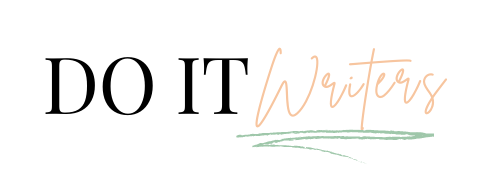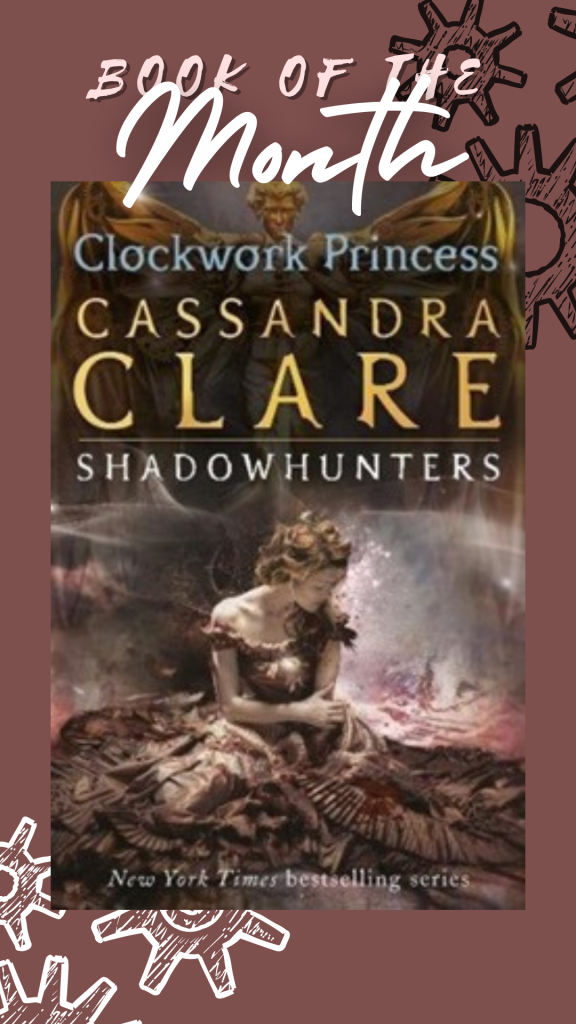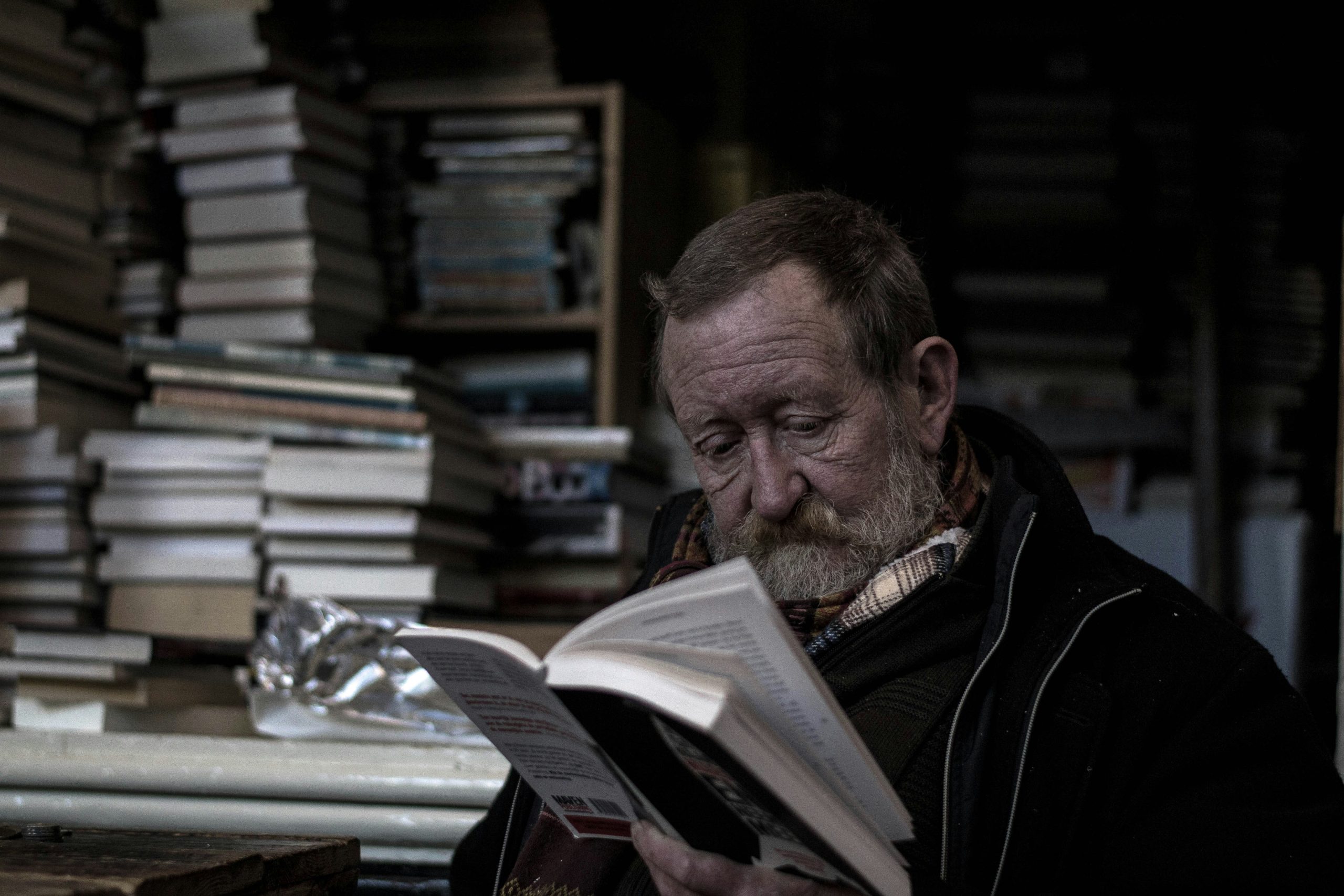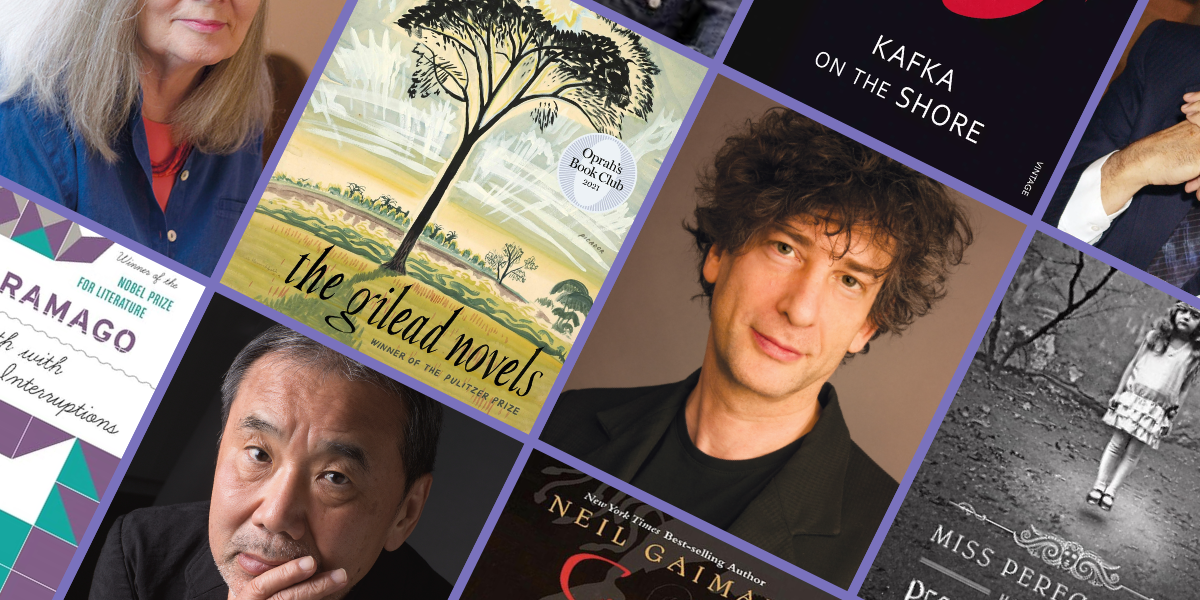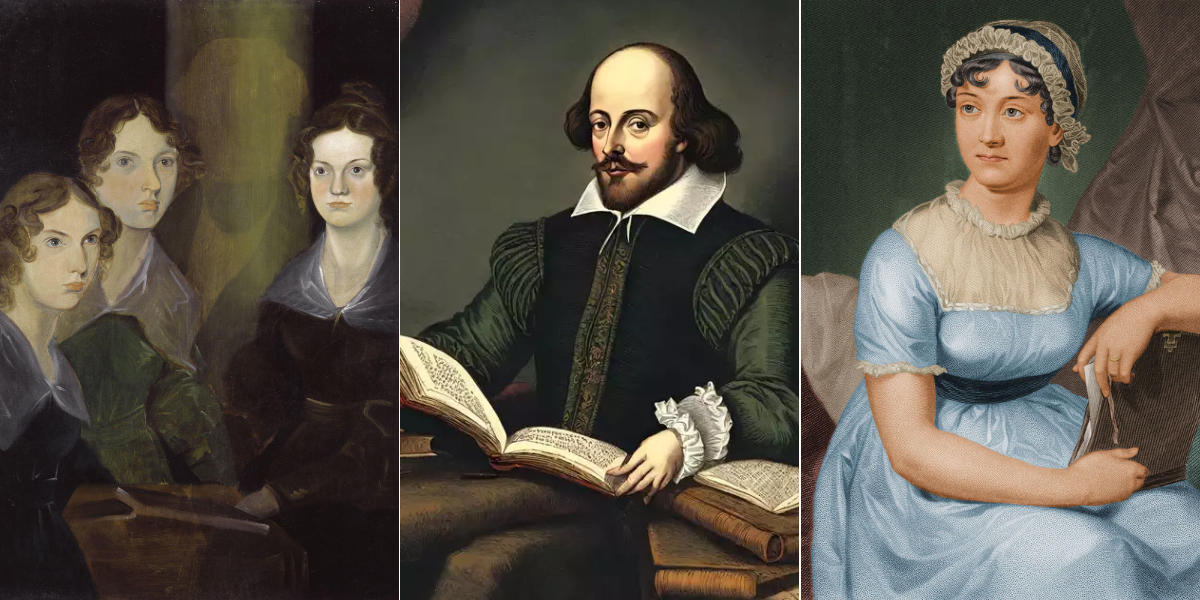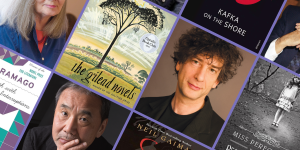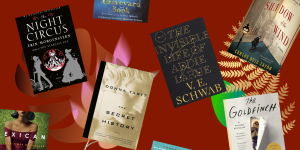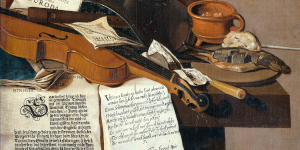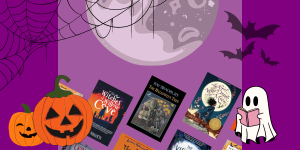In the journey of mastering the craft of writing, writers often find themselves seeking guidance to hone their skills, overcome hurdles, and unleash their creative potential.
Writing guides serve as invaluable companions, offering insights, techniques, and practical advice to navigate the intricacies of the writing process.
From beginners to seasoned wordsmiths, the right writing guide can be a beacon of inspiration and knowledge.
In this comprehensive review, we delve into some of the best writing guides available, each offering a unique perspective and invaluable wisdom to aspiring authors.
1. On Writing: A Memoir of the Craft by Stephen King
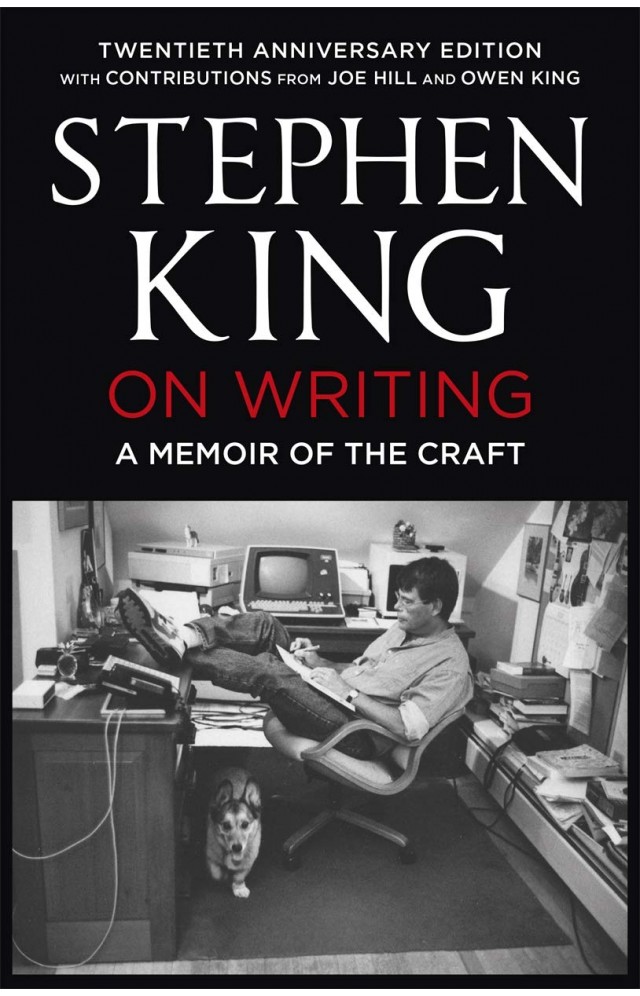
Stephen King’s On Writing seamlessly blends personal stories with practical wisdom.
Split into two parts, King shares intimate anecdotes from his life, providing glimpses into his writer’s journey.
In the latter section, he delves into the craft, exploring plot, character development, and the significance of reading.
King’s conversational style and genuine insights make this guide both informative and engaging.
Writers should consider On Writing for its candid advice and relatable narrative, offering a roadmap to navigate the complexities of writing.
2. Bird by Bird: Some Instructions on Writing and Life by Anne Lamott
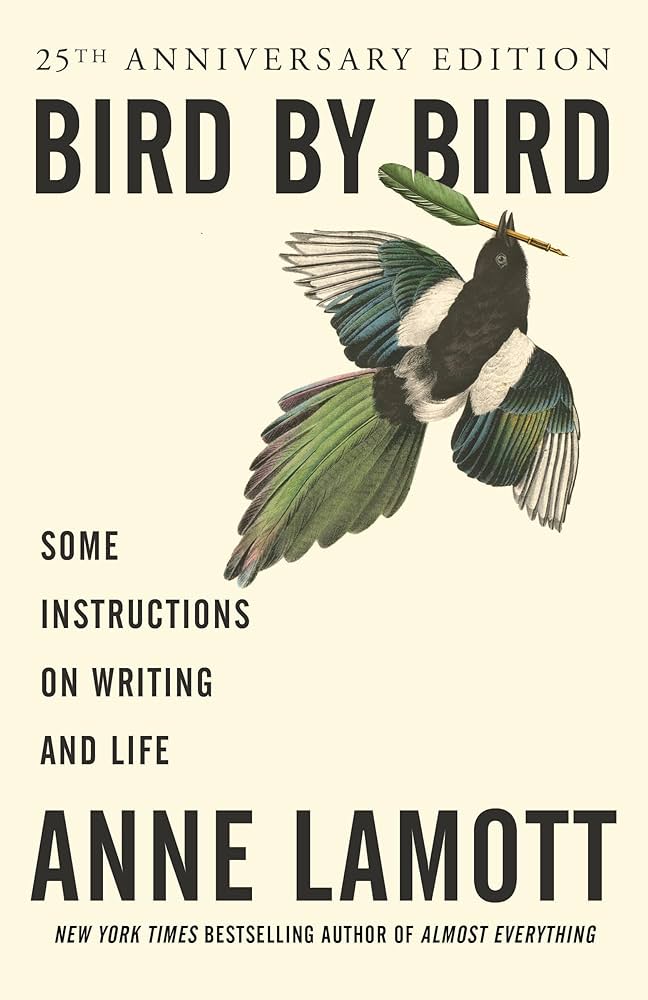
Anne Lamott’s Bird by Bird stands as a cherished classic in the literary world, celebrated for its blend of humor, empathy, and profound insights.
Through a collection of essays and personal anecdotes, Lamott offers invaluable guidance on the writing journey.
She fearlessly addresses common struggles like perfectionism and writer’s block, while also emphasizing the beauty found in the chaos of creativity.
Lamott’s compassionate tone and relatable storytelling create a welcoming space for writers of all levels to explore their craft.
Bird by Bird is not just a guide; it’s a companion that inspires and empowers writers to embrace their unique voice and persevere through the challenges of the creative process.
3. The Elements of Style by William Strunk Jr. and E.B. White
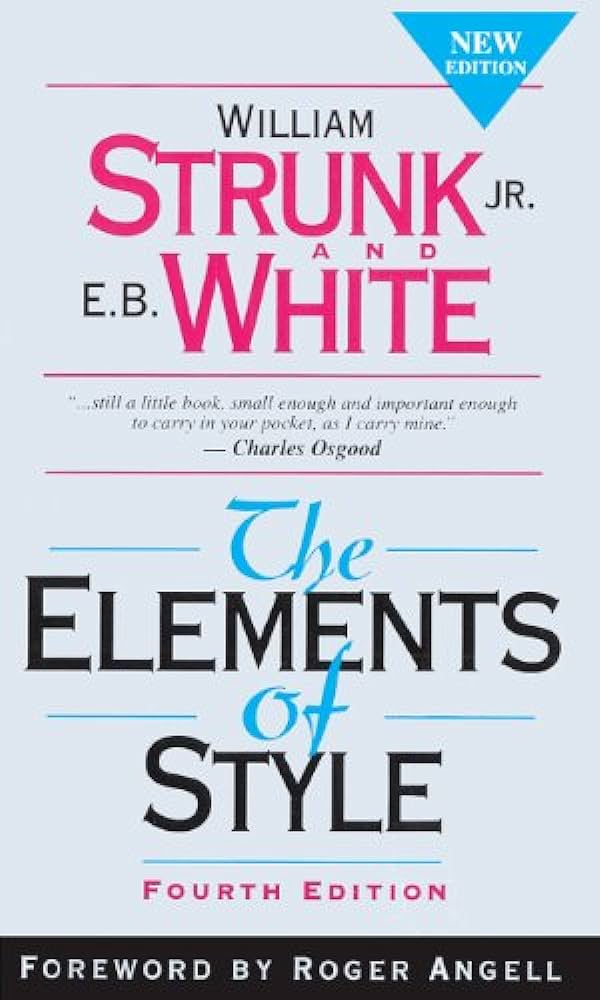
The Elements of Style stands as a timeless masterpiece in the realm of writing guides, offering a concise yet thorough manual for mastering the art of effective communication.
Originally authored by William Strunk Jr. and later refined by E.B. White, this slim volume remains a cornerstone for writers seeking clarity and precision in their prose.
Covering fundamental principles of grammar, punctuation, and style, it serves as a trusted companion for both novice writers and seasoned professionals alike.
With its straightforward advice and practical examples, The Elements of Style remains an indispensable resource for crafting clear, concise, and compelling writing that resonates with readers.
4. Steering the Craft: A Twenty-First-Century Guide to Sailing the Sea of Story by Ursula K. Le Guin
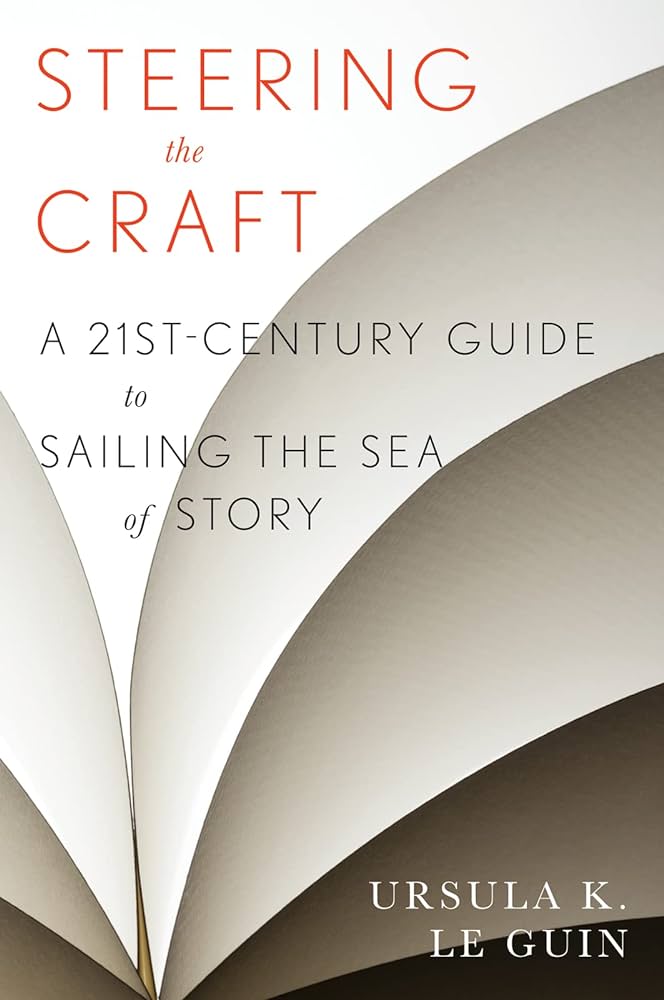
Steering the Craft by Ursula K. Le Guin stands out as a beacon of wisdom in the realm of writing guides.
Renowned for her contributions to science fiction and fantasy, Le Guin brings her expertise to bear in this invaluable resource.
Unlike conventional guides, Le Guin goes beyond surface-level advice, delving into the intricate nuances of language and narrative technique.
Through a series of carefully crafted exercises, she leads writers on a journey to refine their skills and deepen their understanding of storytelling.
With her trademark clarity and insight, Le Guin empowers writers to navigate the vast sea of story with confidence and creativity, making “Steering the Craft” an indispensable companion for any aspiring wordsmith.
5. The War of Art: Break Through the Blocks and Win Your Inner Creative Battles by Steven Pressfield
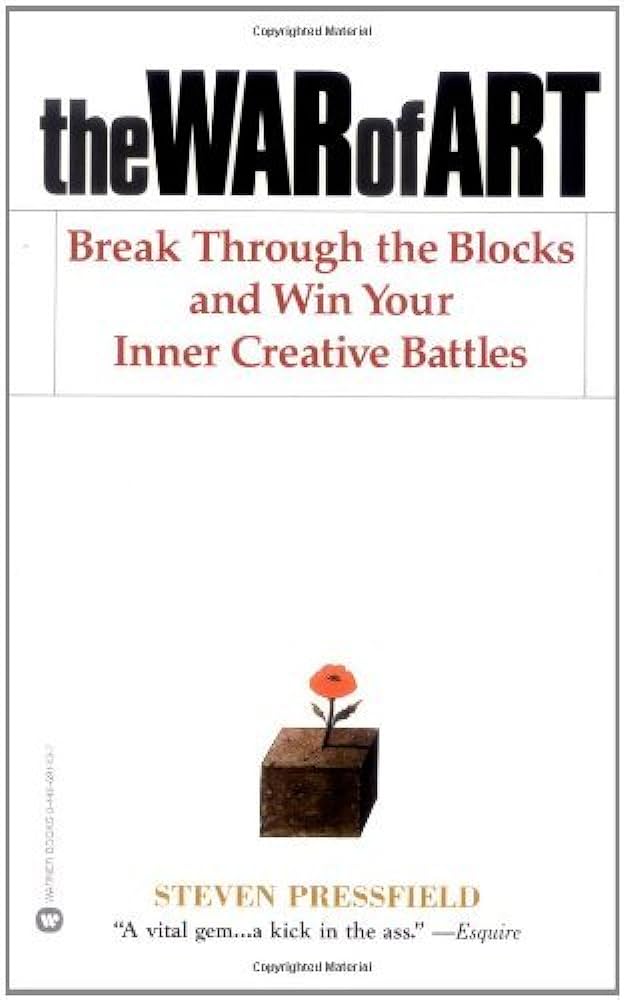
In The War of Art, Steven Pressfield offers a transformative guide for writers grappling with self-doubt and procrastination.
Pressfield delves deep into the concept of resistance, the internal force that undermines our creative pursuits.
With clarity and insight, he unpacks the psychological barriers that hinder our progress and provides actionable strategies for overcoming them.
Through a blend of personal anecdotes and practical advice, Pressfield offers a roadmap for unlocking our creative potential and realizing our artistic ambitions.
The War of Art is not just a guide; it’s a rallying cry for anyone striving to conquer their inner obstacles and unleash their creative genius upon the world.
6. Writing Down the Bones: Freeing the Writer Within by Natalie Goldberg
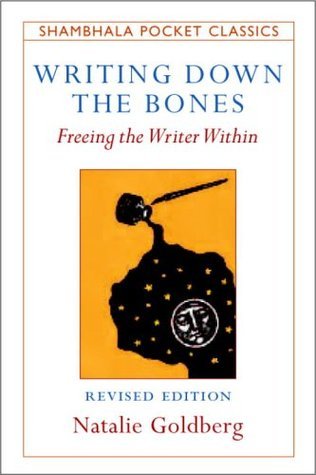
In Writing Down the Bones, Natalie Goldberg offers a breath of fresh air for writers stifled by perfectionism and self-censorship.
Through a series of dynamic exercises and thought-provoking prompts, Goldberg champions a radical approach to writing—one that encourages writers to silence their inner critic and embrace the raw, unfiltered energy of their creativity.
By emphasizing the value of free writing and the beauty found in imperfection, Goldberg’s guide serves as a liberating manifesto for writers yearning to reconnect with their authentic voice.
Writing Down the Bones isn’t just a book; it’s a rallying cry for writers seeking to break free from the shackles of self-doubt and rediscover the joy of writing with unbridled freedom and passion.
7. Save the Cat! Writes a Novel: The Last Book On Novel Writing You’ll Ever Need by Jessica Brody
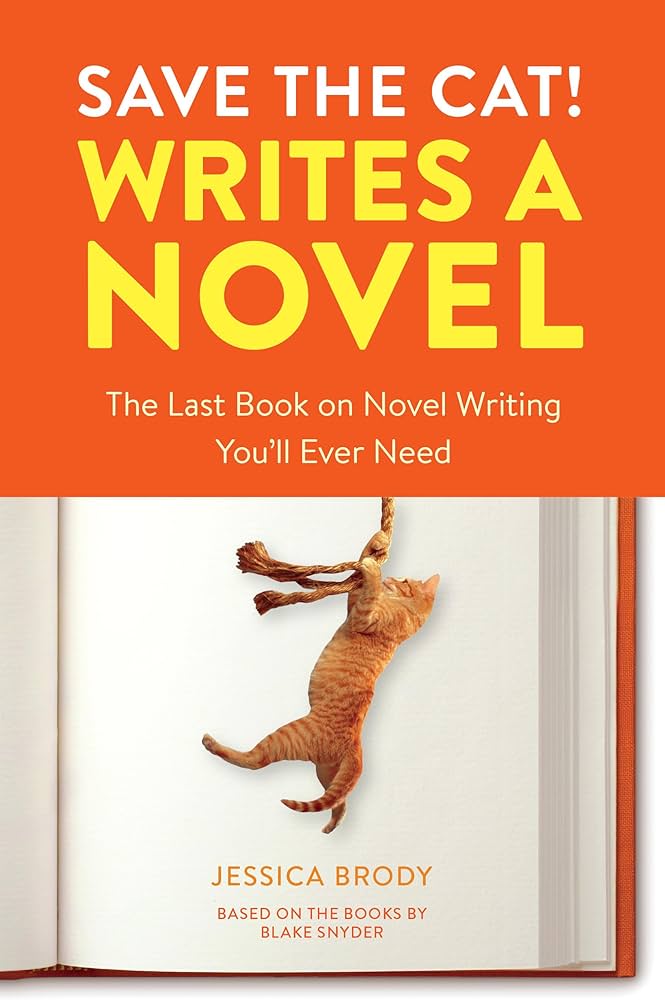
Jessica Brody’s Save the Cat! Writes a Novel presents a structured methodology rooted in the principles of screenwriting, offering writers a systematic approach to crafting captivating stories.
Brody meticulously breaks down the storytelling process into actionable beats and plot points, providing writers with a clear roadmap to navigate as they embark on their novel-writing journey.
Whether one identifies as a pantser—writing by the seat of their pants—or a plotter—meticulously planning every detail—this guide caters to writers of all preferences and styles.
By equipping writers with the necessary tools to develop dynamic characters, craft engaging plots, and deliver memorable endings, Save the Cat! Writes a Novel empowers authors to unleash their creativity and produce compelling narratives that resonate with readers.
8. Story Genius: How to Use Brain Science to Go Beyond Outlining and Write a Riveting Novel by Lisa Cron
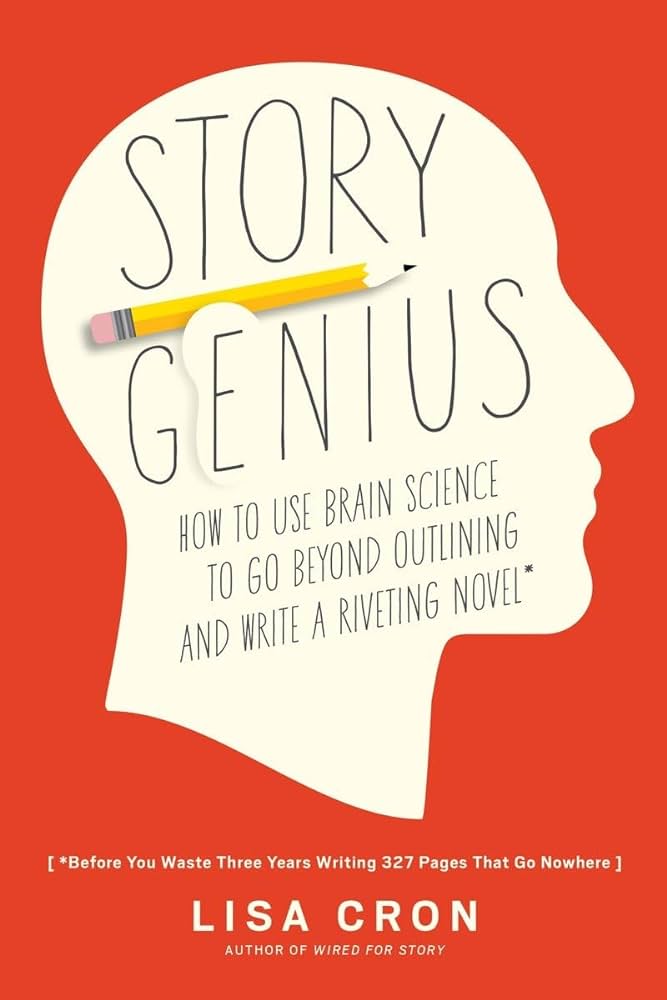
Lisa Cron’s Story Genius revolutionizes novel writing with its innovative approach, drawing upon insights from brain science and psychology to unlock the secrets of compelling storytelling.
Unlike traditional guides that emphasize plot structure, Cron delves deeper into the psyche of both the writer and the reader.
By exploring how the human brain responds to narrative and character development, Cron unveils the underlying mechanisms that drive emotional engagement and reader immersion.
Through a series of meticulously crafted exercises and illuminating examples, she guides writers in tapping into the emotional core of their stories, empowering them to create narratives that resonate profoundly with readers on a visceral level.
Story Genius isn’t just a guide to writing; it’s a journey into the depths of the human experience, offering writers the tools they need to craft stories that leave a lasting impact.
Conclusion
In the world of writing, guidance is essential for navigating the creative journey and honing one’s craft.
The writing guides reviewed here offer a diverse array of perspectives and techniques, each valuable in its own right.
Whether you’re seeking practical advice on grammar and style or inspiration to overcome creative blocks, these guides are indispensable companions for writers of all levels.
By investing in the wisdom contained within these pages, aspiring authors can unlock their full potential and embark on a journey of literary mastery.
